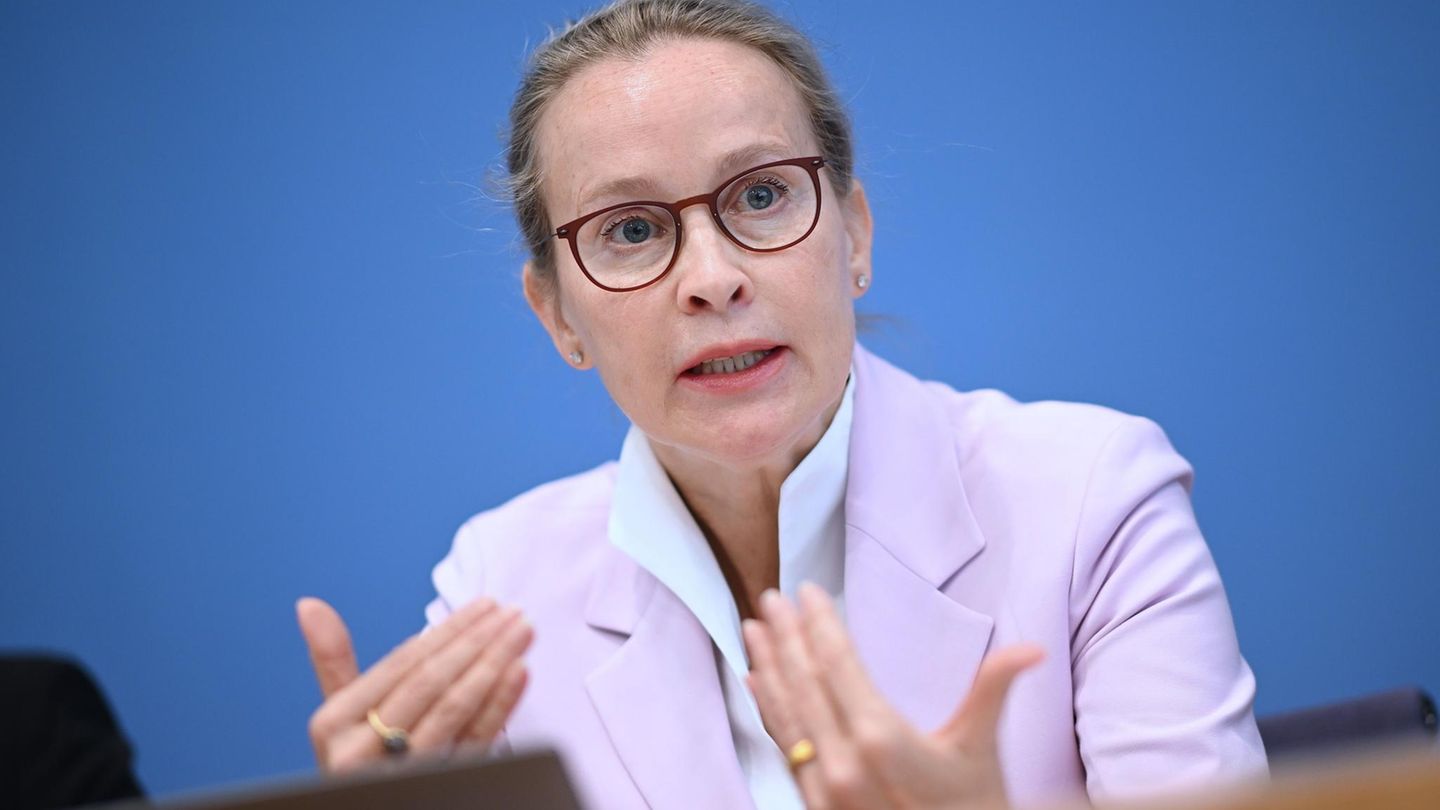Members of the National Government Cabinet and political leaders highlighted today as “a great achievement” the agreement reached by YPF for the Maxus case in the United States, based on which all the actions initiated against the Argentine oil company and Repsol will be dismissed, and will grant a release and discharge of claims filed at the time by the Maxus Settlement Trust for up to US$14 billion.
At the same time, they valued the role of the president of the national firm, Pablo González, as well as his work team, in the negotiations, since YPF must pay an amount equivalent to only 2% of the original amount of the demand.
In this regard, the Minister of Economy, Sergio Massa, stressed through Twitter that this understanding is a “great achievement for YPF, a success for Pablo González, a great victory for our Country”, while he valued the work from the president of the Argentine oil company: “Congratulations!”
For his part, the Minister of the Interior, Eduardo ‘Wado’ de Pedro, remarked that this agreement “is great news for all Argentines” and that “it strengthens the path of energy sovereignty started in 2012 -during the presidency of Cristina Fernández de Kirchner- with the recovery of the company”.
Also the head of the Labor portfolio, Raquel ‘Kelly’ Olmos, highlighted through the same social network the “great task” of YPF when confirming the agreement for the Maxus case.
Likewise, the Secretary of Energy, Flavia Royon, pointed out: “A controversy with the Maxus Liquidation Trust was closed after almost 20 years of litigation, through only 2% of the amount claimed.”
Royon also explained that “with this closure, YPF is released not only from this litigation that has hindered its international negotiations, but it will also be able to reinforce the course of growth and value generation that it is carrying out as a fundamental player in energy development. national”.
The agreement provides that the Maxus Settlement Trust would drop its claims against YPF and Repsol in the Bankruptcy Court for the District of Delaware, as well as all current and future claims against both companies.
In exchange for this, YPF and Repsol agreed to pay the Trust an amount of US$287.5 million each, making a total of US$575 million.
The agreement is subject to judicial approval and other conditions that must be met over the next few months, YPF detailed in a statement.
González, former deputy governor of Santa Cruz, had referred to this dispute in an act that he shared last Monday in Río Gallegos with Governor Alicia Kirchner, with whom he signed agreements for the implementation of social investment in the province.
For his part, Miguel Galuccio, former president and CEO of YPF, described the agreement as a “fundamental fact for the resolution of this dispute” and “relevant and very important news for YPF and therefore for the country.”
“This understanding brings peace of mind for YPF’s shareholders, employees and investors, who must continue betting on the growth of our flagship company that has a positive and decisive impact on the rest of the country’s energy industry,” Galuccio added, in statements to EconoJournal.
Along the same lines, the former Undersecretary of Hydrocarbons Juan José Carbajales stated, in a dialogue with AM 530 radio, that the YPF-Maxus agreement implies “a relief for YPF’s accounts and the company’s investment projections.”
This meant “an enormous contingency for YPF” and, now, “the company will be able to allocate resources to its main activity, which is the exploration and exploitation of oil,” said Carbajales.
In a statement, YPF recalled that, after its privatization in 1992, the company deployed an international expansion strategy in the acquisition of Maxus, a US oil and gas company.
At that time, this firm had assets in various countries around the world (USA, Bolivia, Indonesia, Ecuador and Venezuela), which for YPF -controlled by Repsol- meant the kickoff of a business strategy that in light of the time was presented as attractive.
In 1986, Maxus had sold its chemical business to Occidental Chemical Corporation and agreed to indemnify the latter for environmental liabilities arising from its operations.
In 2005, the State of New Jersey sued Occidental and Maxus -later adding YPF and Repsol- for the contamination of the Passaic River -10 kilometers from New York City- with chemical residues.
Occidental asserted its indemnity and Maxus, which had acquired YPF in 1995, honored its obligations until June 17, 2016, when it made the decision to file for bankruptcy and its bankruptcy was subsequently declared.
In June 2018, the Maxus Trust sued YPF and Repsol and certain subsidiaries for up to US$14 billion in the Bankruptcy Court for the District of Delaware.
The Trust alleged that Maxus intended to hinder, delay, or defraud his creditors.
After years of litigation and negotiations, the Maxus Liquidation Trust and after obtaining from the Argentine oil company, in June 2002, a partial summary judgment decision by the Bankruptcy Court, YPF and Repsol reached an agreement of conciliation.
Source: Ambito




